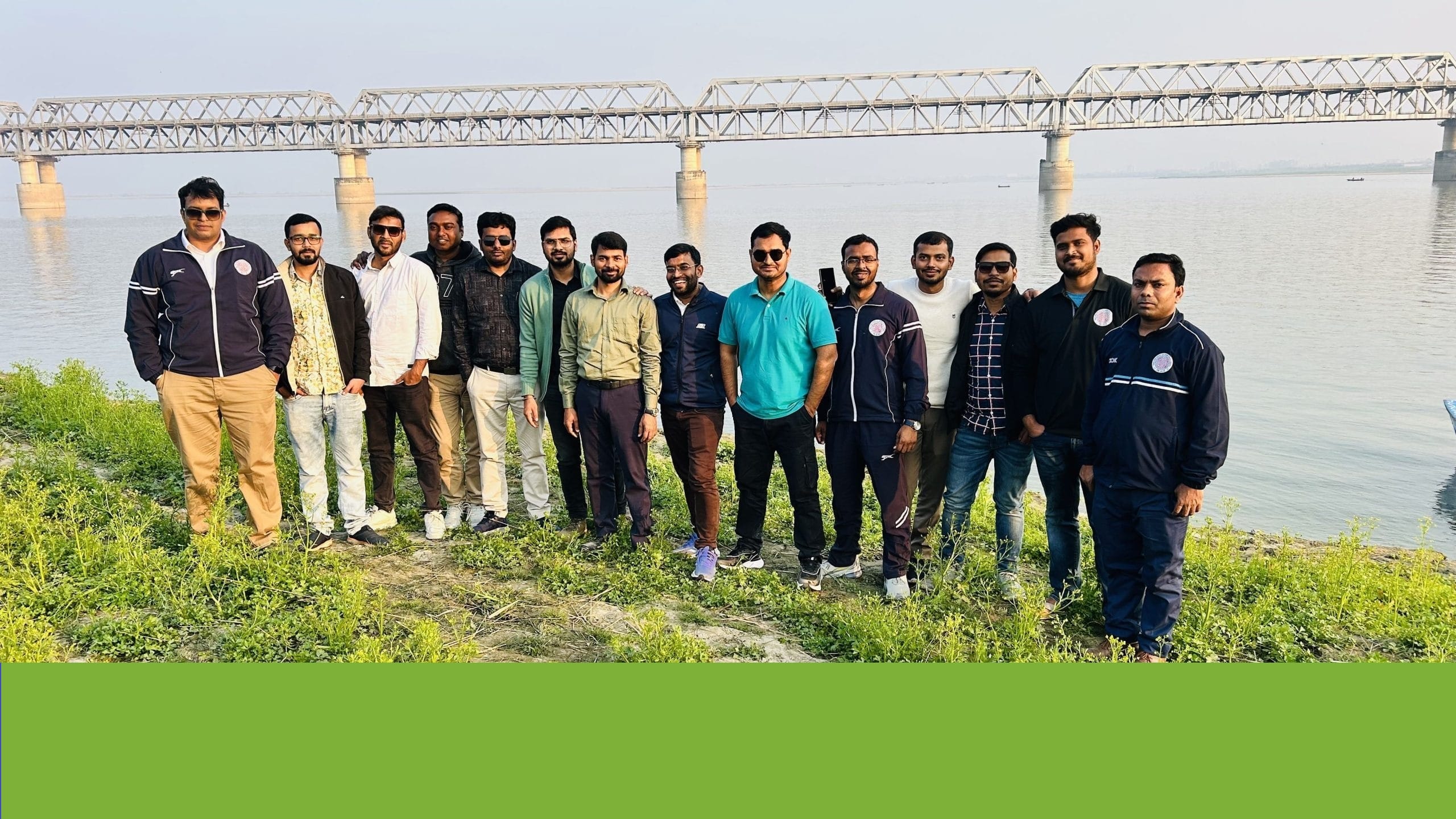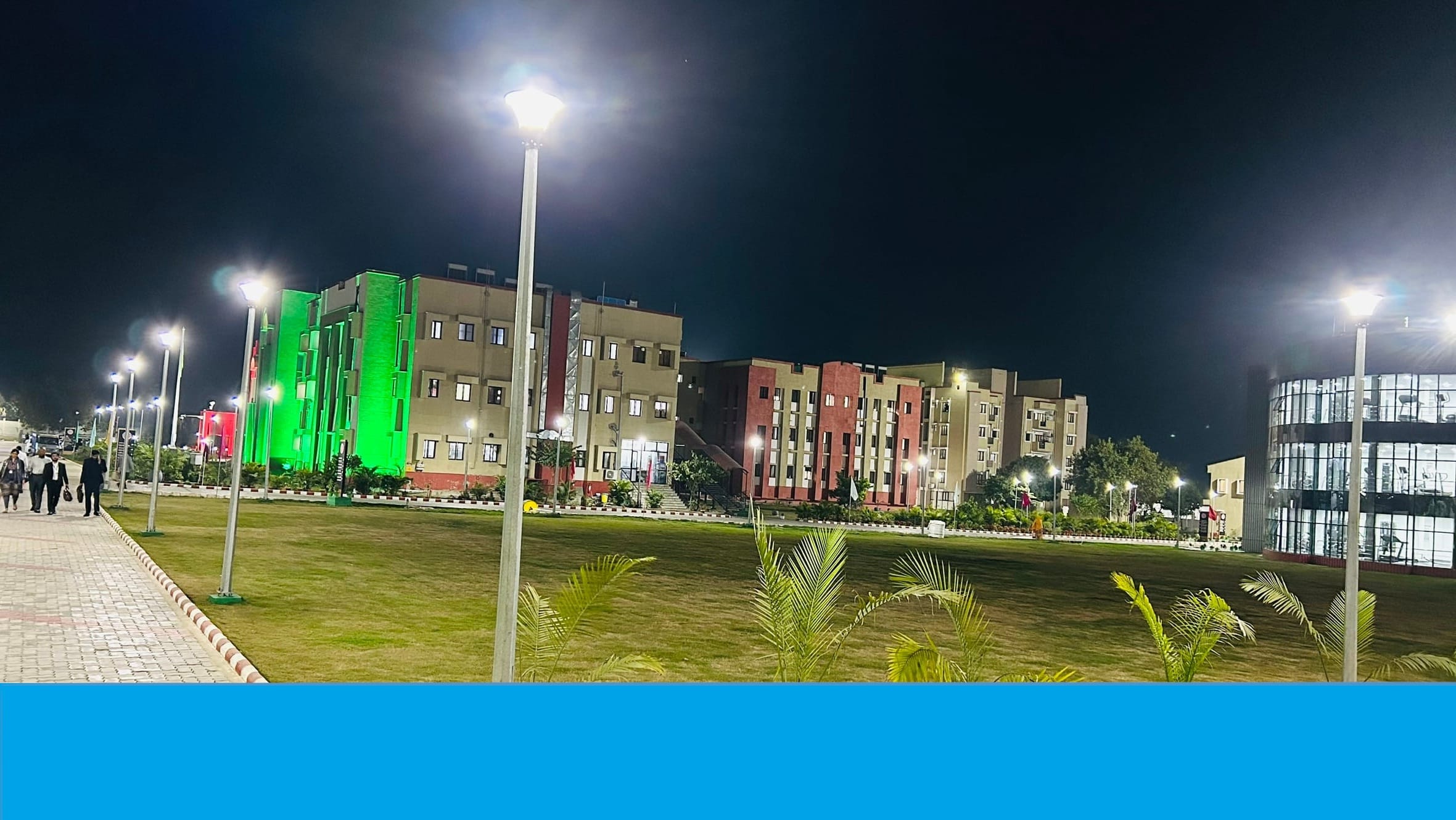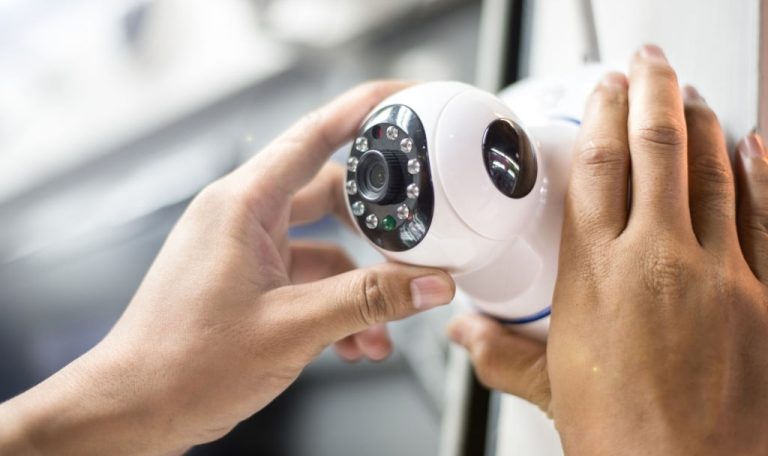Preparing for the UPSC Civil Services Examination is not just a test of knowledge but also of perseverance and patience. Many aspirants spend years building their understanding of Read More
Suggested Reading


CONTACT

Our Blog
Here you will find new posts by me.
In the first decades of the 21st century, access to large amounts of data (known as “big data“), cheaper and faster computers and advanced machine learning techniques were successfully Read More
The history of artificial intelligence (AI) began in antiquity, with myths, stories, and rumors of artificial beings endowed with intelligence or consciousness by master craftsmen. The study of logic and formal reasoning from antiquity to the present led directly to the invention of the programmable digital computer in the 1940s, a machine based on abstract mathematical reasoning. This device and the ideas behind it inspired scientists to begin discussing the possibility of building an electronic brain.
In this article, we will go through guidelines to effectively prepare current affairs for UPSC Civil Services Exam — Prelims and Mains.
In the past one year, thousands of aspirants emailed me with their UPSC exam queries. One topic that constantly featured in majority of them is Current Affairs. Though I tried my best to reply to those emails individually, the volume of mail on current affairs never abated. So I thought a detailed blog post on it would be ideal so that everyone can read and get their doubts clarified.
Read MoreFrom the first steam engine to modern supercomputers, science and technology have demonstrated time and again their power to transform nations. When we examine history—starting with Britain’s Industrial Revolution in the 18th century—we see how the interplay of scientific insight and technological innovation jump‑started economic prosperity, social progress, and geopolitical influence. Today, at a time of global challenges ranging from climate change to digital inequality, that lesson remains as vital as ever: building national strength means investing in science and cultivating technological capacity.
Read More


